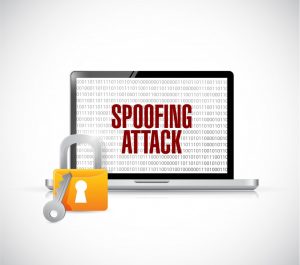
During National Consumer Protection Week, the U.S. House of Representatives approved a bill on March 6 that U.S. Rep. Leonard Lance (R-NJ) introduced to crackdown on “spoofing,” a scam in which fraudsters falsify caller ID display information to trick victims into revealing their personal information.
Rep. Lance’s bipartisan Anti-Spoofing Act of 2017, H.R. 423, was introduced with U.S. Reps. Grace Meng (D-NY) and Joe Barton (R-TX) on Jan. 10, 2017. The bill received House approval by voice vote on Tuesday as part of the larger Federal Communications Commission reauthorization bill, the Repack Airwaves Yielding Better Access for Users of Modern Services Act of 2018, or the RAY BAUM’s Act, H.R. 4986.
H.R. 423 would amend and strengthen the Truth in Caller ID Act to prohibit spoofing from foreigners and calls originating from outside the United States. It also would combat spoofing through text messages and internet-based Voice over Internet Protocol (VoIP) services, which allow callers to make outgoing calls from computers to mobile or landline phones, according to a summary provided by Lance’s office.
“It is time for the despicable crime of caller ID spoofing to end,” said Lance, vice chairman of the House Energy and Commerce Subcommittee on Communications and Technology. “Millions of Americans continue to get ripped off by con artists and scammers who especially target senior citizens, veterans and immigrants.”
Spoofers are known to disguise themselves as government agencies, financial institutions, creditors, police departments, pharmacies and hospitals in efforts to compel victims to divulge personal or financial information, according to the summary.
“Disguised as a legitimate governmental agency, these criminals trick people into making erroneous payments or providing financial information,” Lance said, noting that some victims have lost thousands of dollars. “This measure strengthens our laws and tightens loopholes fraudsters have successfully exploited.”
Somerset County Sheriff Frank Provenzano, who supports the bill, noted that scammers had cloned his department’s office number in an effort to get New Jersey citizens to divulge personal information. “I feel that this legislation will give us the tools to fully prosecute the people who take advantage of the unsuspecting public,” Provenzano said.
The House-approved bill now advances to the U.S. Senate for its consideration.



